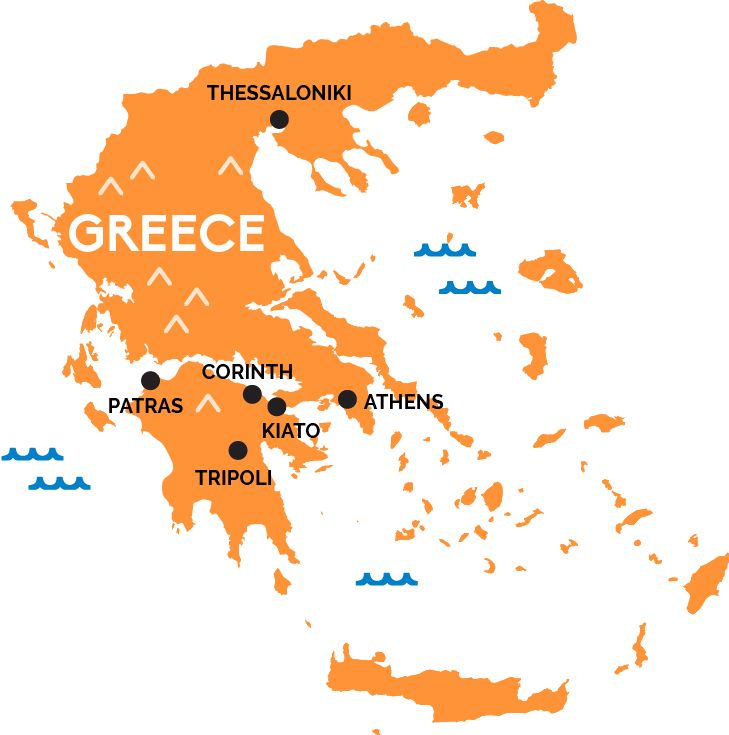
Greece’s parliament is expected to approve a highly contentious labour reform on Wednesday that would allow employees to work up to 13 hours a day under “exceptional circumstances” — a move that has sparked nationwide protests and fierce opposition from labour unions and political rivals.
The legislation, introduced by the ruling conservative government, is set to pass comfortably in the 300-seat parliament, where the New Democracy party holds 156 seats.
Under the new law, employees may take on two separate shifts in a single day — extending their total work time to 13 hours — but only with their consent and for a maximum of 37 days per year, according to Labour Minister Niki Kerameus.
“It requires the employee’s agreement and applies only to private-sector workers under specific conditions,” Kerameus told Skai TV on Tuesday, stressing that the measure is voluntary.
The minister added that she had rejected proposals from employer groups seeking to extend the allowable work hours even further.
The government argues the reform will boost productivity and support industries like tourism and services during peak seasons — sectors often hit by staff shortages in summer.
Trade unions and opposition parties have condemned the reform as a major rollback of workers’ rights, warning that employees could face implicit pressure or threats of dismissal if they decline longer hours.
“This is the first step toward normalizing excessive work hours,” said Maria, a 46-year-old construction company employee. “In the private sector, refusal is rarely an option — employers always find ways to impose what they want.”
Two nationwide strikes have already been staged this month, the latest on Tuesday, as tens of thousands marched through Athens and other major cities demanding the law’s withdrawal.
Greece already ranks among the hardest-working nations in Europe. According to Eurostat, Greek employees work an average of 39.8 hours per week, compared to the EU average of 35.8 hours.
Earlier this year, the government also legalized a six-day working week for specific industries, including tourism and manufacturing, during periods of high demand — a move unions say set the stage for the current reform.
Despite mounting criticism, the government insists the 13-hour provision is a flexible, modern solution tailored to seasonal labour challenges, while unions view it as a dangerous erosion of long-fought labour protections.
As parliament prepares for the final vote, Greece finds itself once again at the heart of Europe’s ongoing debate over work-life balance, labour rights, and economic competitiveness.



